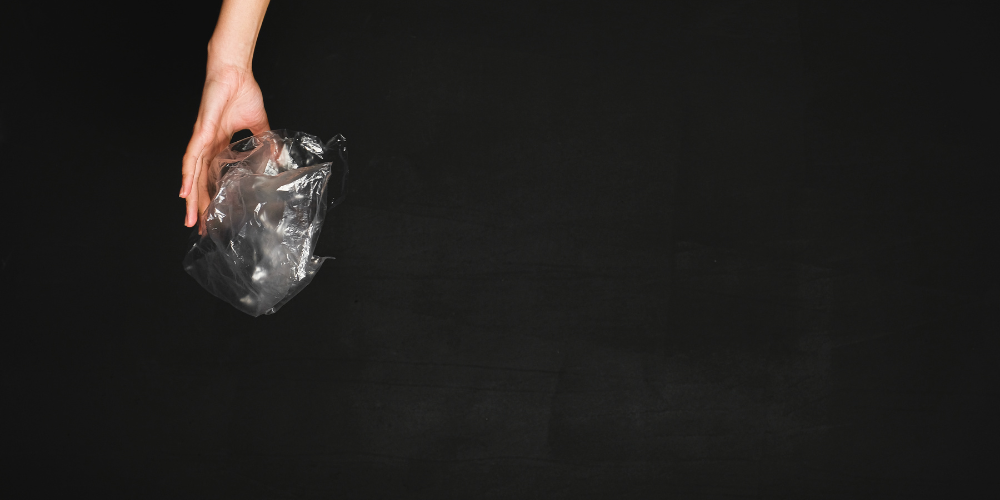With the Union government’s decision to ban single-use plastic (SUP) products from July 1. The state has devised a three-part action plan: supply-side interventions, demand-side interventions, and the building of an enabling system for phasing out SUP items. To ensure the ban’s success, the Goa State Pollution Control Board (GSPCB) and Goa Waste Management Company will run an awareness campaign with all stakeholders till June. Stopping the source of plastic raw material, manufacturing, selling, and using banned SUP items, and promoting alternatives to SUP are all supply-side interventions.
The state government is conducting searches of plastic raw material providers to ensure that the phase-out is going on efficiently. Furthermore, authorities will identify big stockpiles, shops, and dealers of forbidden SUP items by the district. Their commercial licenses will cancel if they are indulging in selling forbidden SUP items. The issuing of fresh licenses will occur only if the organization does not utilize the banned items.
Steps taken by GSPCB:
- GSPCB has conducted various surveys in their municipal councils to understand and analyze their plastic usage.
- GSPCB conducts random quarterly inspections.
- The authorities will conduct workshops for MSMEs to help in shifting towards the production of plastic alternatives.
Conclusion:
Goa has always been the earliest in imposing a ban on plastic below 40 microns. Earlier they imposed this ban in the year 2002. This was later upgraded to 50 microns by the authorities. These initiatives are encouraging citizens to adopt alternatives to SUP’s. Plogging is a similar example wherein citizens pick up litter while jogging. It is a citizen-led initiative and various local groups in India are adopting it.


